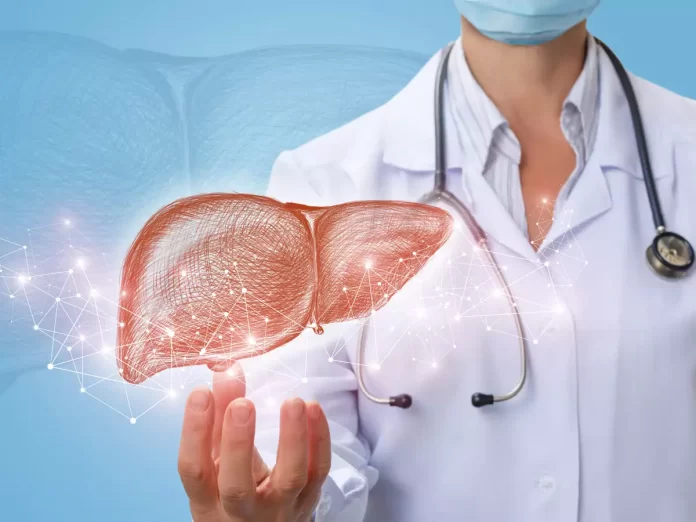Physicians claim that coronavirus can exacerbate liver problems. Four years after Covid-19 swept the globe, researchers are still learning new details about the virus’s effects on human health.
Although Covid-19 was first identified as a respiratory disease, new research indicates that it can also impact the liver and other organ systems.
“Covid-19 isn’t limited to the lungs,” said Dr. Sharad Malhotra, Senior Consultant & HOD, Gastroenterology at Aakash Healthcare in New Delhi. It has the ability to enter liver cells and cause harm.”
Research has shown that Covid-19 patients have higher liver enzymes, which suggests liver damage.
Covid-19 presents two distinct obstacles for those with pre-existing liver disorders, including as cirrhosis or hepatitis B.
“The virus can exacerbate existing liver issues, complicating their management,” stated Dr. Malhotra.
Inflammation and immunological reactions brought on by COVID-19 can worsen liver damage and increase the chance of death.
Covid-19’s effects on liver transplant recipients
According to Dr. Manoj Gupta, Head of Liver Transplant & Surgical Gastroenterology at PSRI Hospital in New Delhi, recipients of liver transplants are particularly vulnerable.
“Their weakened immune systems heighten susceptibility to severe Covid-19,” warned him. Research indicates that individuals receiving liver transplants who have Covid-19 infection are more likely to have organ rejection and die.
Furthermore, there is growing worry about the long-term consequences of Covid-19 on liver function. The head of gastroenterology at Asian Hospital in Faridabad, Dr. Amit Miglani, stated that Covid-19 can cause long-term liver damage even in those who have never had liver problems before.
Liver cancer and cirrhosis are among the consequences that can arise from persistent inflammation and fibrosis.
It is critical to protect liver health during the Covid-19 epidemic. Patients with liver disease require specialized care and close monitoring.




























